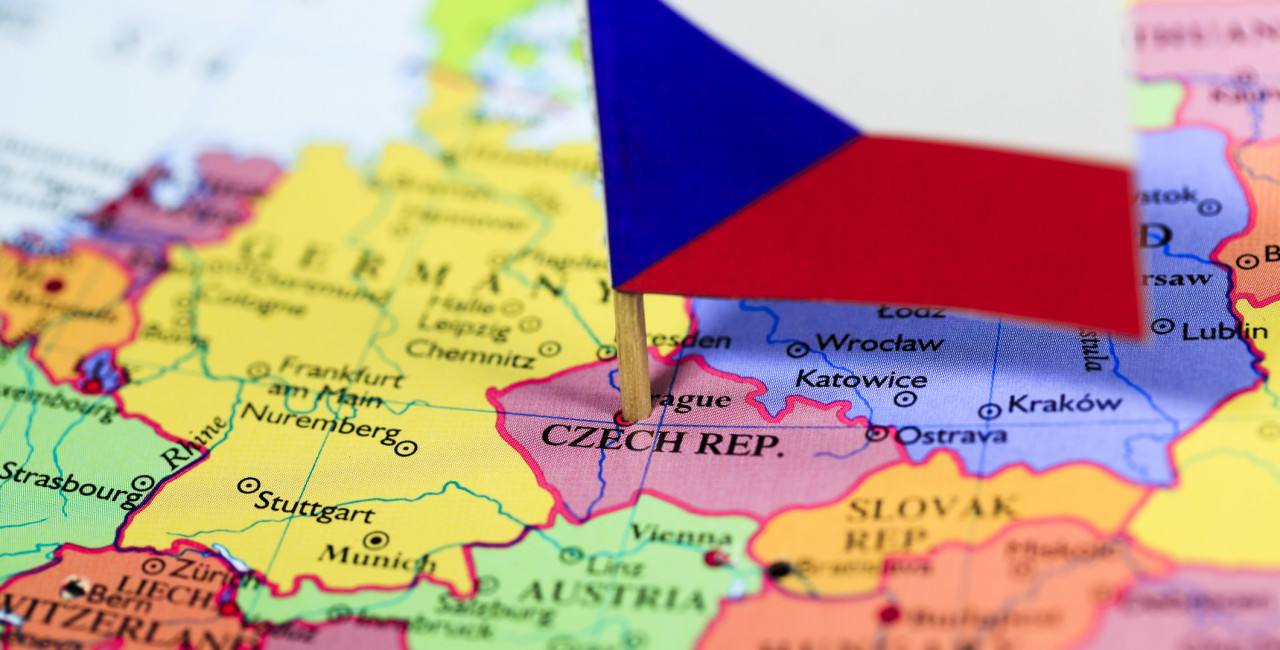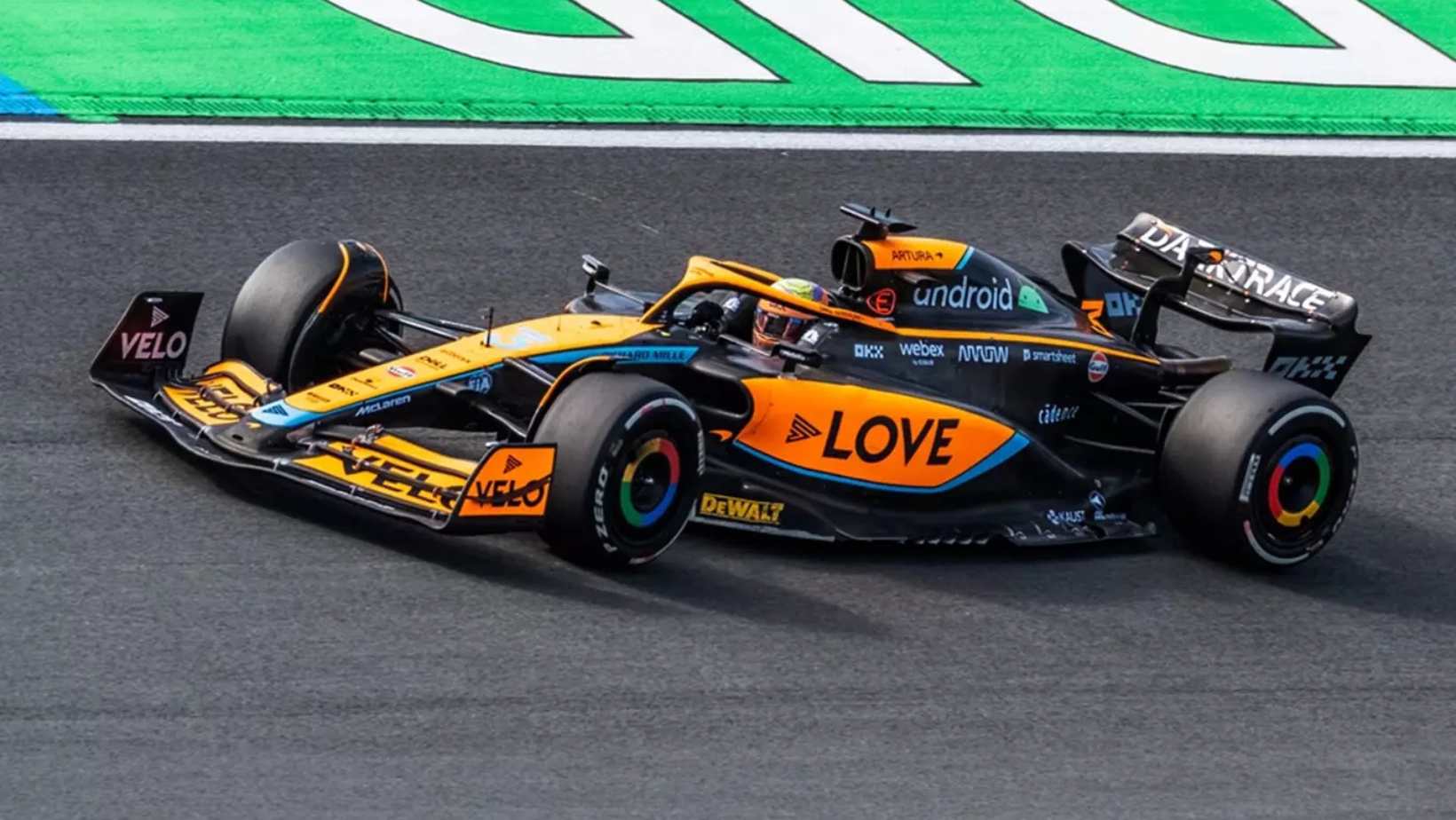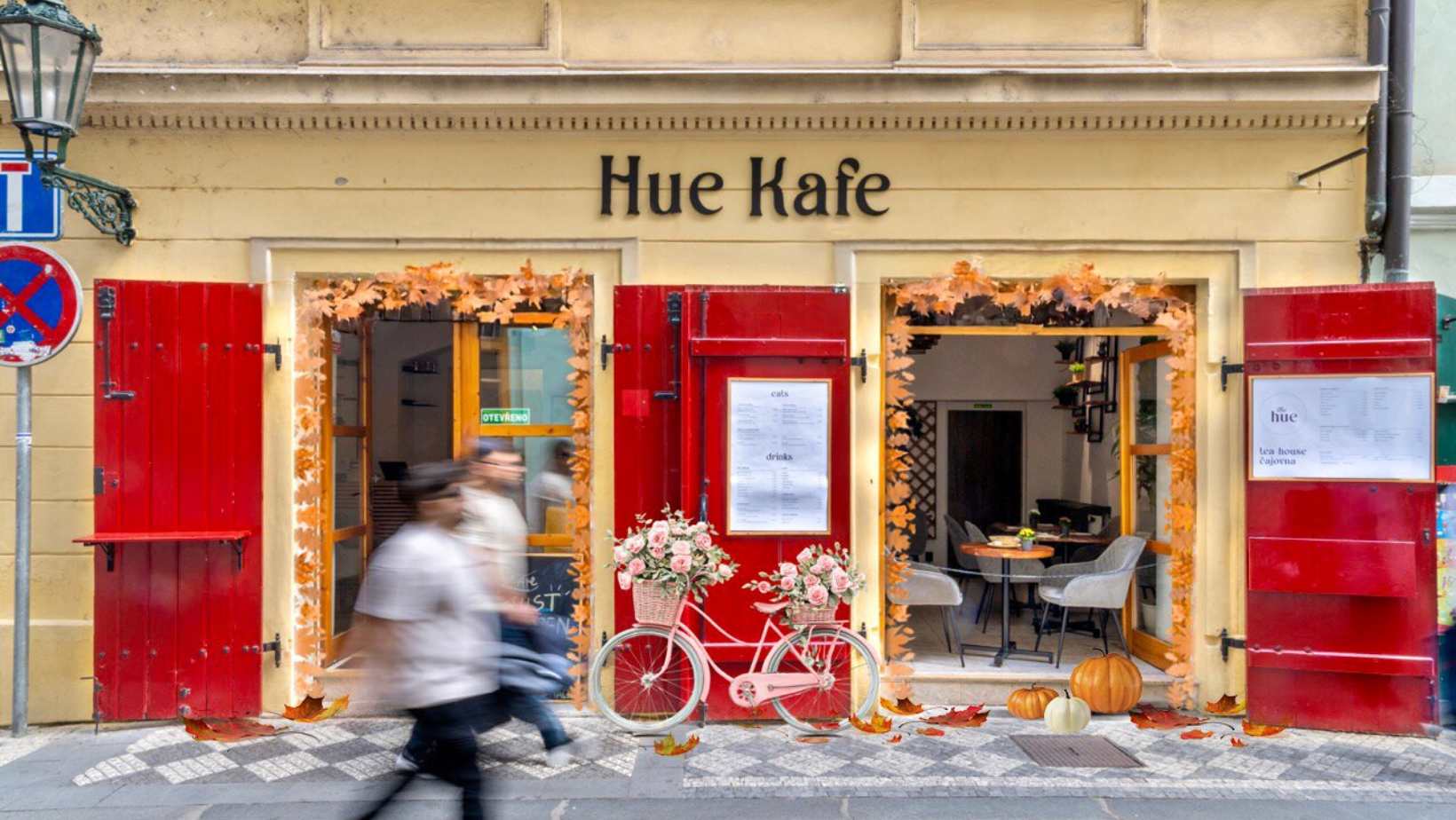Nearly three decades after Czechoslovakia peacefully split into two states, Czechs are still looking for a proper name in English for their country.
“The Czech Republic” has been widely used, though the shorter “Czechia” has slowly been catching on since its official registration by the United Nations in 2016.
Today the European Union and NATO member’s current stint at the helm of the rotating EU presidency offers an opportunity for a breakthrough.
“We are seeking to unify the presentation of our country abroad and at home after a long 30 years,” Deputy Foreign Minister Martin Dvorak, an advocate of “Czechia”, told AFP.
“It is absurd to have 27 EU members and 29 NATO members using their short names and Czechia as the only member country stating its political status,” as a republic, he added.
The foreign ministry promotes the shorter name, while Prime Minister Petr Fiala’s office has largely used “the Czech Republic” on its website and social networks.
To make matters worse, at times the two names show up in tandem.
When it took over the EU presidency on July 1, the government rolled out a website hailing the “natural beauty of Czechia” in one sentence and the cultural heritage of “the Czech Republic” in the next.
“The current mess… in naming our country is the biggest obstacle to creating a ‘brand’. We want to change it,” said Dvorak.
“We can see some diplomats are having a hard time getting used to it, but the trend is already clear.”
Czechia was used in Latin texts centuries ago as an equivalent to Bohemia, referring to the western part of the country comprising Prague.
In the first English translation of the Czech anthem – titled “Where is my home?” – poet Josef Vaclav Sladek wrote “Czechia, my fatherland” in the 19th century.
After the Czechoslovakia (Ceskoslovensko) split, there were no doubts about Slovakia or “Slovensko”, as the name broke away as smoothly as the country itself.
But Czechs were reluctant to use the short name, also because of opposition in the historic eastern lands of Moravia and Silesia, which felt it slighted their territory.
Former Czech president Vaclav Havel once said hearing “Cesko” felt like “having slugs creeping down” his body.
The current head of state, Milos Zeman, in contrast is known for pushing Czechia as a more practical title.
Fellow fans of the name already founded the Cesko/Czechia initiative back in 1997.
On their website, they argue that the one-word version is a good fit for the country’s entire history, as it makes no allusion to any political system.
The initiative also waves aside concerns that Czechia is easy to confuse with Chechnya, the Russian republic.
“Country names cannot bow to the level of geographic knowledge,” said linguist Jiri Felix, pointing to the potential for confusion of existing names such as Slovakia and Slovenia or Austria and Australia.
Since UN registration, the short version has won over institutions and social media giants, including Google, the CIA and the European Union’s statistics office, Eurostat.
Media outlets have largely stuck to the “Czech Republic”, although the Associated Press has recently said the shorter name was “acceptable” in its stories if the author explains that Czechia and Czech Republic are one and the same.
Sports associations, which boast a big say in the matter, have long opposed Czechia, claiming that rebranding would be too costly.
But Czech Olympic Committee spokeswoman Barbora Zehanova told AFP, “Many sports associations have already started to use the shorter name.”
Czech Football Association (FACR) head Petr Fousek said local football authorities were also ready to use “Czechia in English whenever appropriate”.
“Of course, general rebranding is necessary but it will be carried out in several phases,” he told AFP.
The FACR will start using Czechia in its communication and then rebrand shirts and other gear.
Dvorak said the foreign ministry would keep negotiating with the sports world. “Hopefully our Olympic athletes will travel to Paris in 2024 as Czechia,” he added.
-
NEWSLETTER
Subscribe for our daily news











